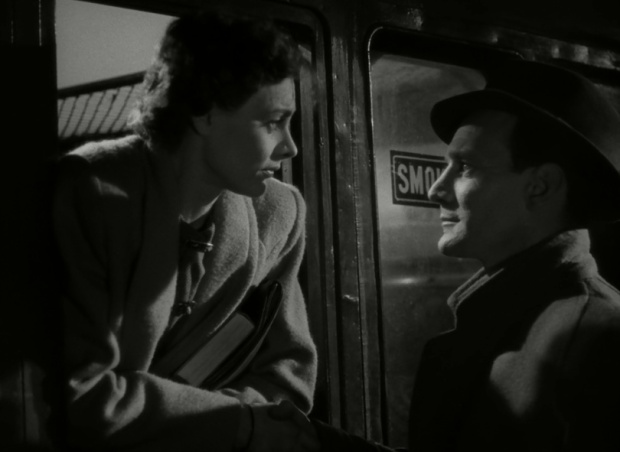
On the road to Damascus. Peter O’Toole makes his debut as a leading man in Lawrence of Arabia, a bio-pic recalling the Arab Revolt against the Turks in World War I.
When it comes to the film epic, it might be fair to say there are two kinds: Lawrence of Arabia and others. To be sure, there are plenty of films that aspire to go big — be it butt-testing running times; stories that cover years, if not decades; or spectacles on the grandest of scales. But Lawrence of Arabia (1962) is a different beast altogether. Relying less on overt pomp and largely devoid of ornate sets or heightened reality, the film derives its grandeur from remarkable desert landscapes and an intensity generated not just from incident but from the inner lives of its characters. In this, the film was no doubt aided by being based on the autobiography of T.E. Lawrence, a British officer who helped lead an Arab revolt against the Ottoman Empire during World War I. But the film is also rooted in the keen sense of character and relationships that director David Lean showcased in his earlier, more modest dramas like Brief Encounter (1945). By being — or at least feeling — true to history and humanity, Lawrence of Arabia is able to take one man’s story and make it as intense and sprawling as the desert itself. (227 min.) Continue reading
